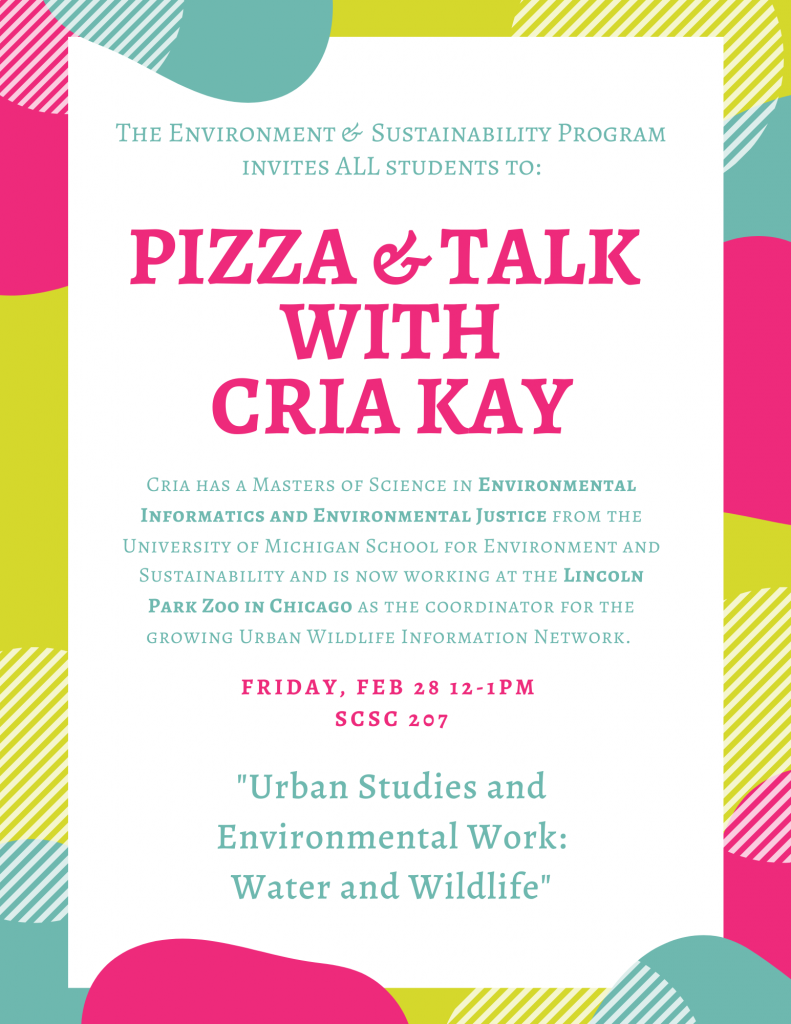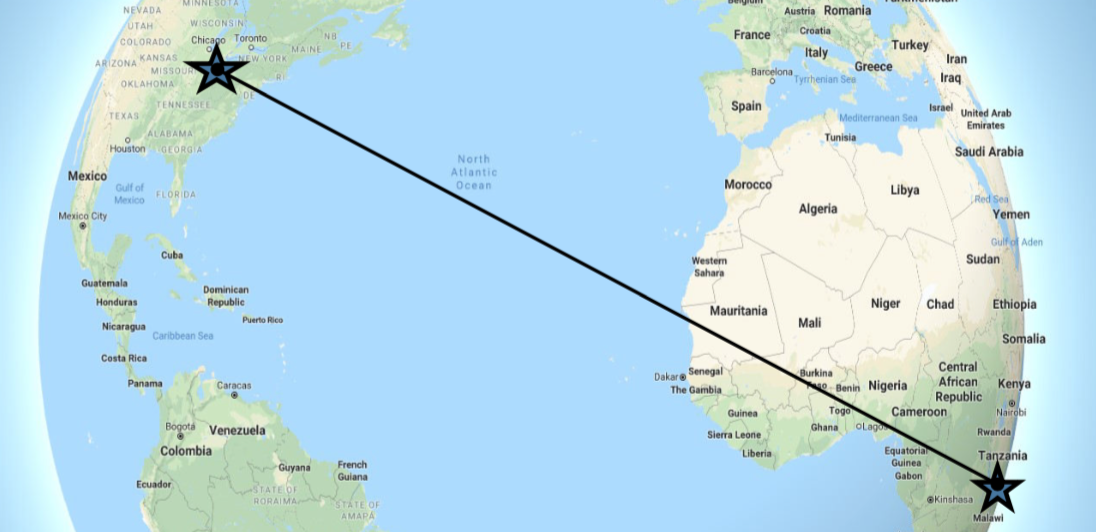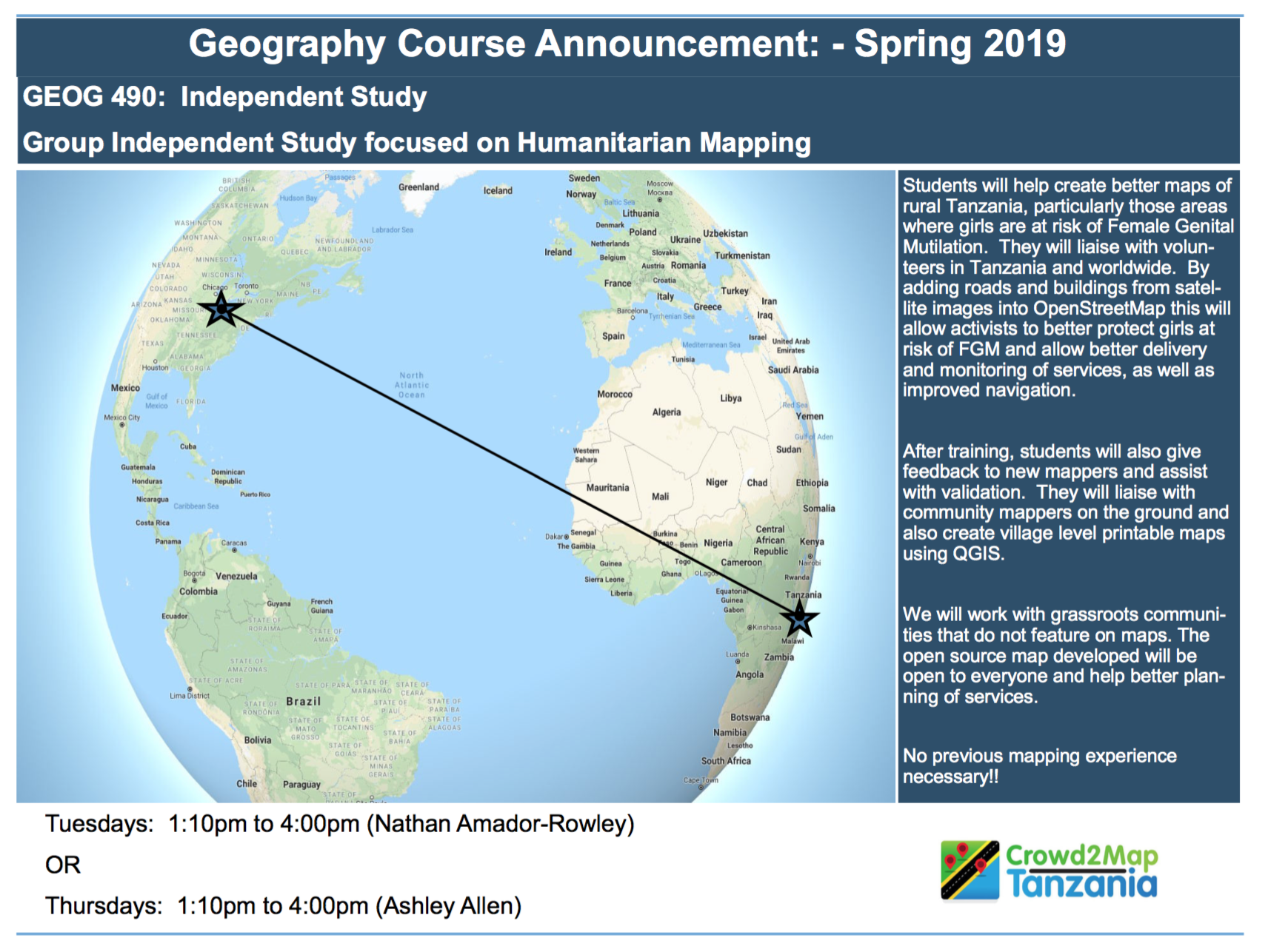The Environment & Sustainability Program is very pleased to invite students to a pizza lunch with Cria Kay at 12-1 PM, Friday, February 28, 2020, in Science Center Room 207.
Cria has a Masters of Science in Environmental Informatics and Environmental Justice from the University of Michigan School for Environment and Sustainability and a Bachelor of Arts in Environmental Studies, Comparative American Studies, and Geology from Oberlin College. She is now working at the Lincoln Park Zoo in Chicago as the coordinator for the growing Urban Wildlife Information Network.
Cria will give a short presentation titled “Urban Studies and Environmental Work: Water and Wildlife” and then will answer student questions about graduate school and careers focused on the environment.
To learn more about Cria, go here.


